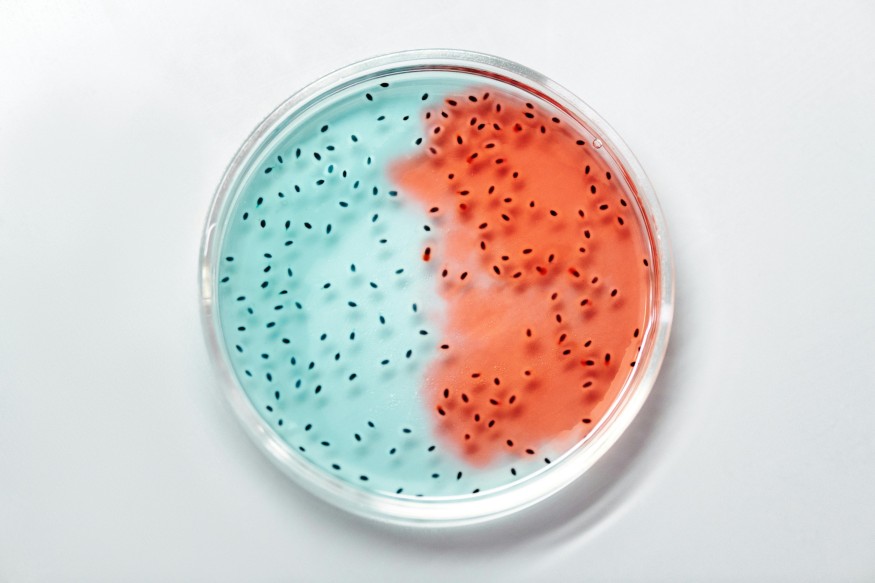
Scientists from nine countries are warning about a potential new type of synthetic organism called "mirror bacteria."
These organisms, if created, could pose serious risks to humans, animals, and plants. While the technology to make mirror bacteria is still at least a decade away, experts say now is the time to consider the dangers.
Scientists Warn Mirror Bacteria Could Threaten Ecosystems and Health
In nature, all living organisms have molecules that follow a specific structure called "chirality" or handedness. Imagine trying to fit your left hand into a right-handed glove — it doesn't work.
Similarly, natural DNA, proteins, and other molecules have specific shapes that allow them to interact properly. For example, CNN reported that DNA uses right-handed nucleotides, while proteins use left-handed amino acids.
Mirror bacteria, however, would be made up of reversed molecules. These mirror versions would have opposite handedness, meaning they would not interact with regular biological systems in the same way.
For example, the human immune system, which identifies and attacks harmful bacteria based on their molecular shapes, might fail to recognize mirror bacteria entirely. This could allow the bacteria to spread unchecked, causing toxic infections in plants, animals, and humans.
A group of 38 experts in synthetic biology, immunology, ecology, and other fields have published their concerns in the journal Science. While mirror bacteria do not exist yet, researchers have already made some progress in building mirror versions of molecules, such as proteins and DNA.
Creating entire cells using mirror molecules is much more difficult, but scientists say it is achievable in the future with enough effort and funding.
Jonathan Jones, a scientist involved in the report, explained that while the chances of something going wrong are low, the consequences could be catastrophic. Mirror bacteria could become invasive species, spreading through ecosystems and causing irreversible damage.
Because they might not have natural predators and would not trigger immune responses, these bacteria could infect many types of organisms, including humans.
Another concern is evolution. Even if mirror bacteria started weak, they could mutate over time, becoming stronger and harder to control. Without effective countermeasures, the spread of these organisms could be unstoppable.
Mirror Bacteria: A Potential Boon for Medicine, but Experts Urge Caution
Interestingly, the research that inspired the idea of mirror bacteria began with hopes for medical advancements. For example, mirror molecules could be used to create longer-lasting medicines that avoid being broken down in the body.
Mirror bacteria might also be used in bioreactors to produce useful chemicals or drugs since they would be immune to viruses that often disrupt such processes.
However, scientists now fear that the same features that make mirror bacteria useful could also make them dangerous. Their ability to evade immune defenses and resist natural predators means they could become uncontrollable if released into the environment.
While there is no immediate threat, the scientists recommend that research aimed at creating mirror bacteria should not be pursued until its risks are better understood. They also urge funding agencies to avoid supporting such work until safety measures can be put in place.
Some experts, however, believe the fears are overblown.
According to SciAm, Andrew Ellington, a molecular biologist not involved in the report, argues that mirror bacteria would struggle to survive outside a lab because they wouldn't have access to the nutrients they need.
Others, like policy expert Sarah Carter, support the idea of discussing these risks early to avoid surprises in the future.
For now, scientists hope their warnings will spark conversations about biosecurity and responsible research. While mirror bacteria remain in the realm of science fiction, the time to address their risks is now, before technology makes them a reality.
© 2025 ScienceTimes.com All rights reserved. Do not reproduce without permission. The window to the world of Science Times.












